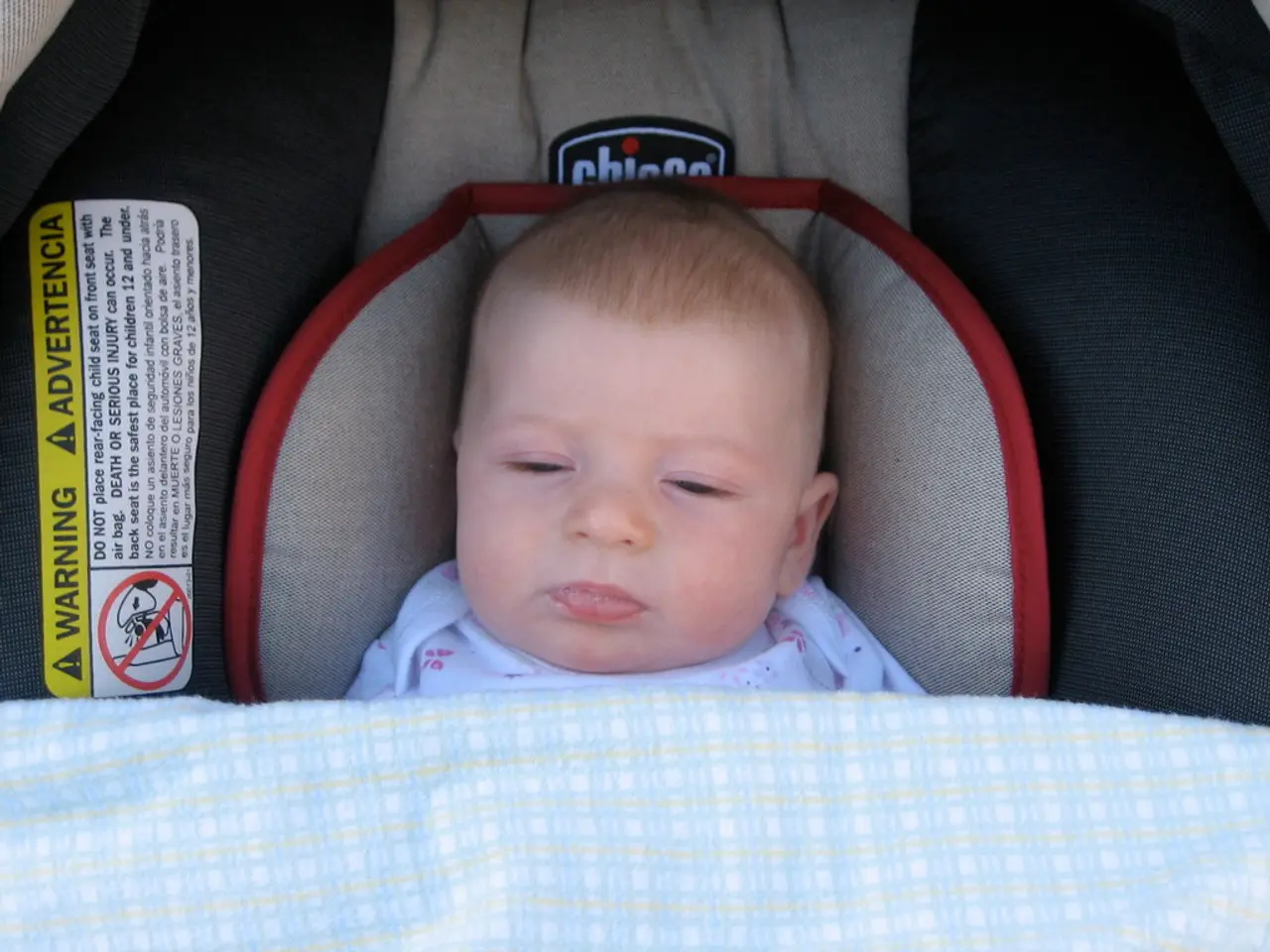Government contemplates accepting children from Middle Eastern regions
In a humanitarian gesture, the cities of Hanover and Düsseldorf have announced their intention to take in children from the Gaza Strip and Israel who are particularly in need of protection or traumatized.
The cities, serving as capitals of the German states of Lower Saxony and North Rhine-Westphalia, respectively, have expressed their willingness to expand medical aid on site and in the region. However, they face several challenges in making this initiative a reality.
Security Concerns and Safe Passage
The feasibility of this plan depends strongly on the current security conditions in Gaza and Israel, particularly the ability of children to leave the conflict zones safely. This issue is of paramount importance as the safety of the children is a top priority.
Lack of Federal Government Support
The German government needs to address several key obstacles to facilitate the entry of traumatized children into Hanover and Düsseldorf. The federal government requires clear political support for the entry procedures, such as visa issuance, selection of children, and medical coordination. So far, official government support has been ambiguous or even rejecting such proposals.
Coordination with Regional Countries
German officials emphasize that aid and treatment should primarily take place in the region rather than relocating children long distances. This necessitates coordination with neighboring countries to facilitate humanitarian access before involving German cities.
Medical and Social Care Infrastructure
Arranging specialized trauma treatment and psychosocial support in Hanover and Düsseldorf requires detailed planning and resources. The cities need hospitals equipped to handle the specific needs of traumatized children.
Bureaucratic and Logistical Challenges
The government has not yet received formal inquiries or developed procedures, so establishing the necessary bureaucratic framework for refugee admissions, travel documentation, and follow-up care is still pending.
Local City Initiatives
Despite these challenges, local city initiatives, such as in Hanover and Düsseldorf, have expressed their willingness but require federal backing and practical solutions to overcome these challenges. Hanover's Lord Mayor Belit Onay has stated that up to 20 foster care places are currently available, with potential expansion through host or foster families.
Partnership and Support
The cities of Hanover and Düsseldorf are currently working with partners to develop concrete plans for implementing this humanitarian initiative. Düsseldorf has had initial talks on this matter with the Jewish Community and the circle of Düsseldorf Muslims.
Expanding the Initiative
Other cities are interested in participating in similar programs, according to Hanover's Lord Mayor Belit Onay. Stephan Keller, Lord Mayor of Düsseldorf and a member of the Christian Democratic Union (CDU) party, has expressed support for the city's involvement in this humanitarian gesture.
In the coming week, Düsseldorf plans to explore the chances of realizing their project for taking in children in need of protection or traumatized from the Gaza Strip and Israel. This announcement by the cities of Hanover and Düsseldorf follows a similar gesture by the capital of Lower Saxony, Hanover.
- The cities of Hanover and Düsseldorf, acknowledging the role of science and health-and-wellness in providing support, are preparing to expand medical aid for traumatized children from the Gaza Strip and Israel.
- Amidst the political landscape, the cities are seeking partnership and support, collaborating with the Jewish Community, Düsseldorf Muslims, and potentially other cities, to implement this humanitarian initiative.
- As war-and-conflicts and migration continue to pose challenges, the need for safe passage and cooperation with neighboring countries is crucial to ensure the successful implementation of this service for children in need.




